Sustainability student, lifelong learner awarded Fulbright
View Source | April 29, 2013
 Outstanding graduate and Fulbright winner Jill Brumand is an honors student and a double major in sustainability and geography. She started her academic career at Arizona State University in 2009 and will begin her graduate career as a Fulbright master's student at Lancaster University in Northwest England.
Outstanding graduate and Fulbright winner Jill Brumand is an honors student and a double major in sustainability and geography. She started her academic career at Arizona State University in 2009 and will begin her graduate career as a Fulbright master's student at Lancaster University in Northwest England.
During her sophomore year, Brumand partnered with Sustainability Scientist Kelli Larson to do some undergraduate research work on people's landscape choices in Phoenix and the sustainability implications. Throughout the rest of her undergraduate career, Brumand worked with Dell and Maricopa County. She was also a Research Experience for Undergraduates (REU) student with the Central Arizona-Phoenix Long-Term Ecological Research (CAP LTER) program. Brumand credits her success to the School of Sustainability.
"The School of Sustainability has a network of people who care and check up on you," she says. "The support and encouragement of the faculty and staff at the school has been invaluable."


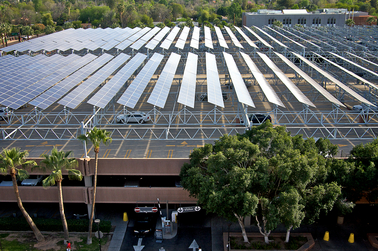 For the fifth consecutive year, Arizona State University made The Princeton Review's "Green Honor Roll," a list that includes universities across the nation that promote sustainability in education, practices, and partnerships.
For the fifth consecutive year, Arizona State University made The Princeton Review's "Green Honor Roll," a list that includes universities across the nation that promote sustainability in education, practices, and partnerships.
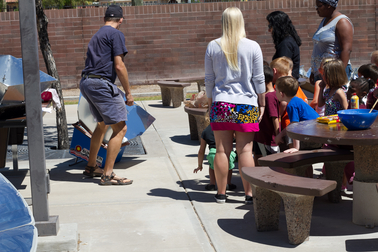 As part of Arizona State University’s
As part of Arizona State University’s 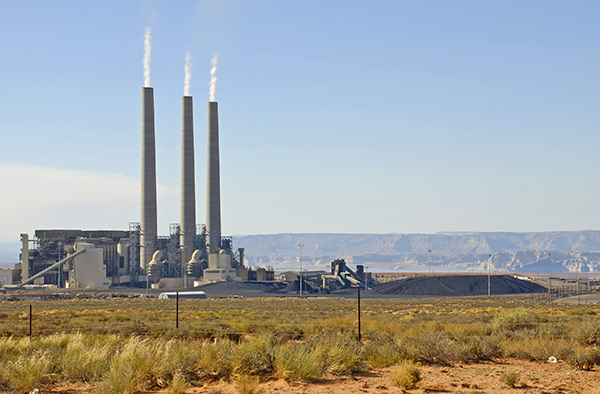 TEMPE, Ariz. – April 24, 2013 – According to the Environmental Protection Agency (EPA), the largest coal-fired power plant in the west needs to improve its pollution controls.
TEMPE, Ariz. – April 24, 2013 – According to the Environmental Protection Agency (EPA), the largest coal-fired power plant in the west needs to improve its pollution controls.
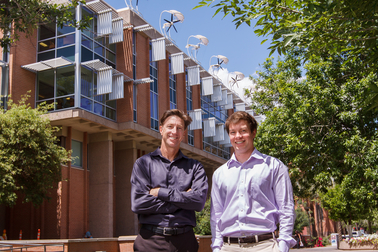 A recent School of Sustainability alum, Andrew Krause, and his mentor, Sustainability Scientist George Basile, and two former classmates have launched the website,
A recent School of Sustainability alum, Andrew Krause, and his mentor, Sustainability Scientist George Basile, and two former classmates have launched the website, 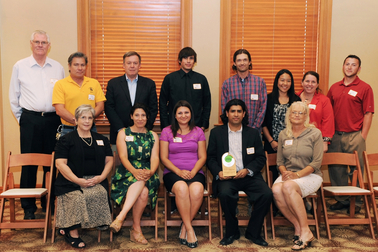 For their demonstrated excellence in fostering the successful development, implementation and promotion of sustainability, three programs at ASU were awarded the President's Award for Sustainability:
For their demonstrated excellence in fostering the successful development, implementation and promotion of sustainability, three programs at ASU were awarded the President's Award for Sustainability:


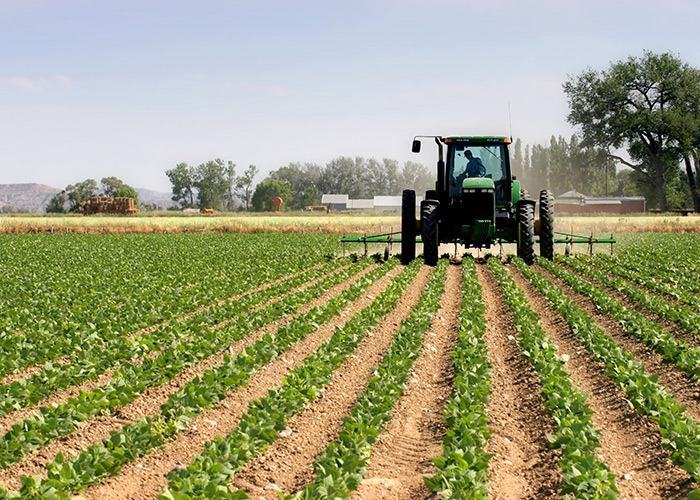 TEMPE, Ariz. — April 18, 2013 — The
TEMPE, Ariz. — April 18, 2013 — The 





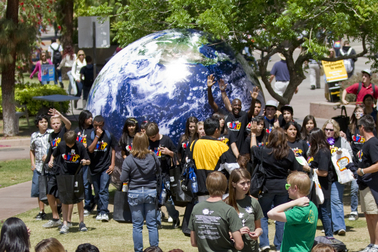

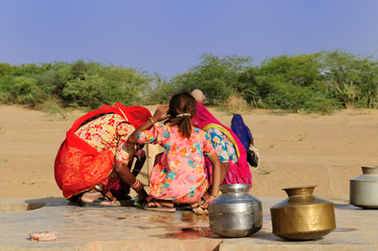 Researchers at Arizona State University, including Sustainability Scientist Marco Janssen, are using games to learn about water resource sharing and cooperation among people.
Researchers at Arizona State University, including Sustainability Scientist Marco Janssen, are using games to learn about water resource sharing and cooperation among people.
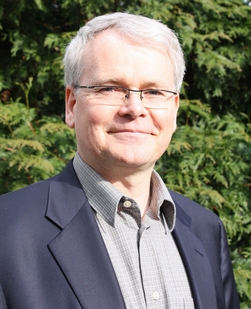 The School of Sustainability at Arizona State University has announced its new dean effective July 1, 2013. Christopher Boone, a professor at the School of Sustainability and School of Human Evolution and Social Change, has served as the associate dean for education of the School of Sustainability since July 2010. Boone has been with ASU since 2006 and is a member of the executive committees of the School of Sustainability and the Global Institute of Sustainability.
The School of Sustainability at Arizona State University has announced its new dean effective July 1, 2013. Christopher Boone, a professor at the School of Sustainability and School of Human Evolution and Social Change, has served as the associate dean for education of the School of Sustainability since July 2010. Boone has been with ASU since 2006 and is a member of the executive committees of the School of Sustainability and the Global Institute of Sustainability.